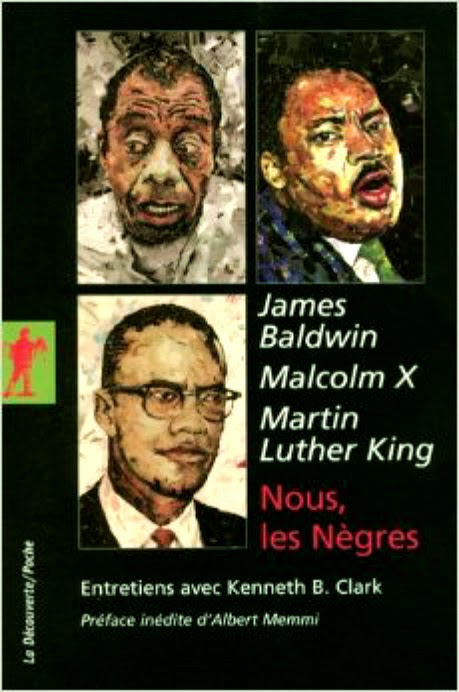Notebook on Michael Brown, Kajieme Powell, and W.E.B. Du Bois (part 1) by Aberjhani
“No one seems to think it significant that upon the policemen’s arrival Kajieme Powell possibly had reason to fear for his life and reacted in a manner consistent with his disability.” ––Article excerpt (Aberjhani) “Democracy is not a gift of power, but a reservoir of knowledge.” –– from The Wisdom of W.E.B. Du Bois The month of August happens to be one in which a number of notable events in African-American history, relatively recent in historical terms, have occurred. There are the birthdays of such celebrated individuals as author James Baldwin (Aug. 2), President Barack Obama (Aug. 4), and philanthropist and performing artist Michael Jackson (Aug. 29). From this point forward, people shall also certainly recall August 9, 2014, as the day when 18-year-old’s Michael Brown’s death served to ignite a series of violent night-time protests eerily reminiscent of similar scenes from the 1960s. The chaos also functioned as yet one more reminder of how readily th
